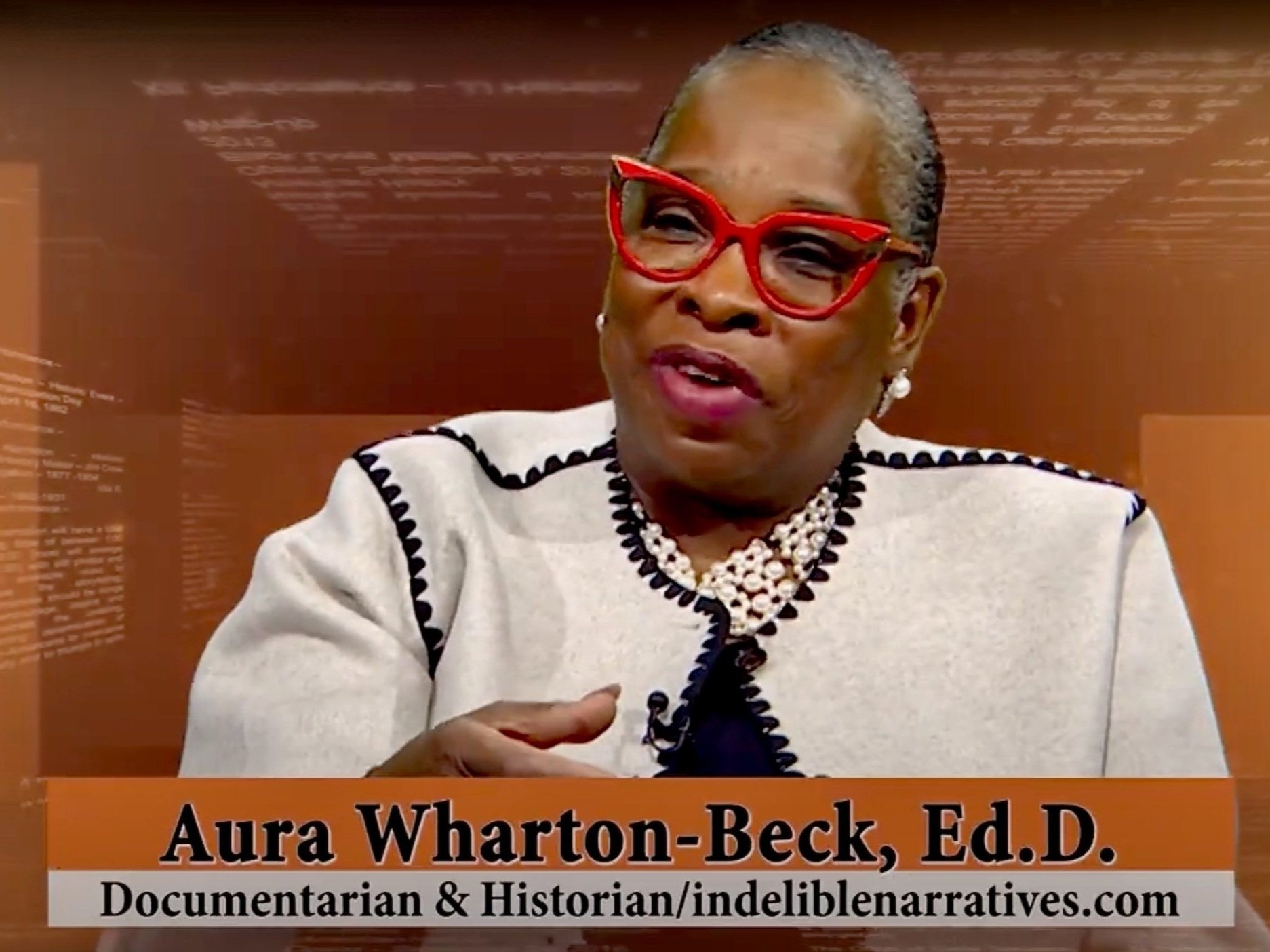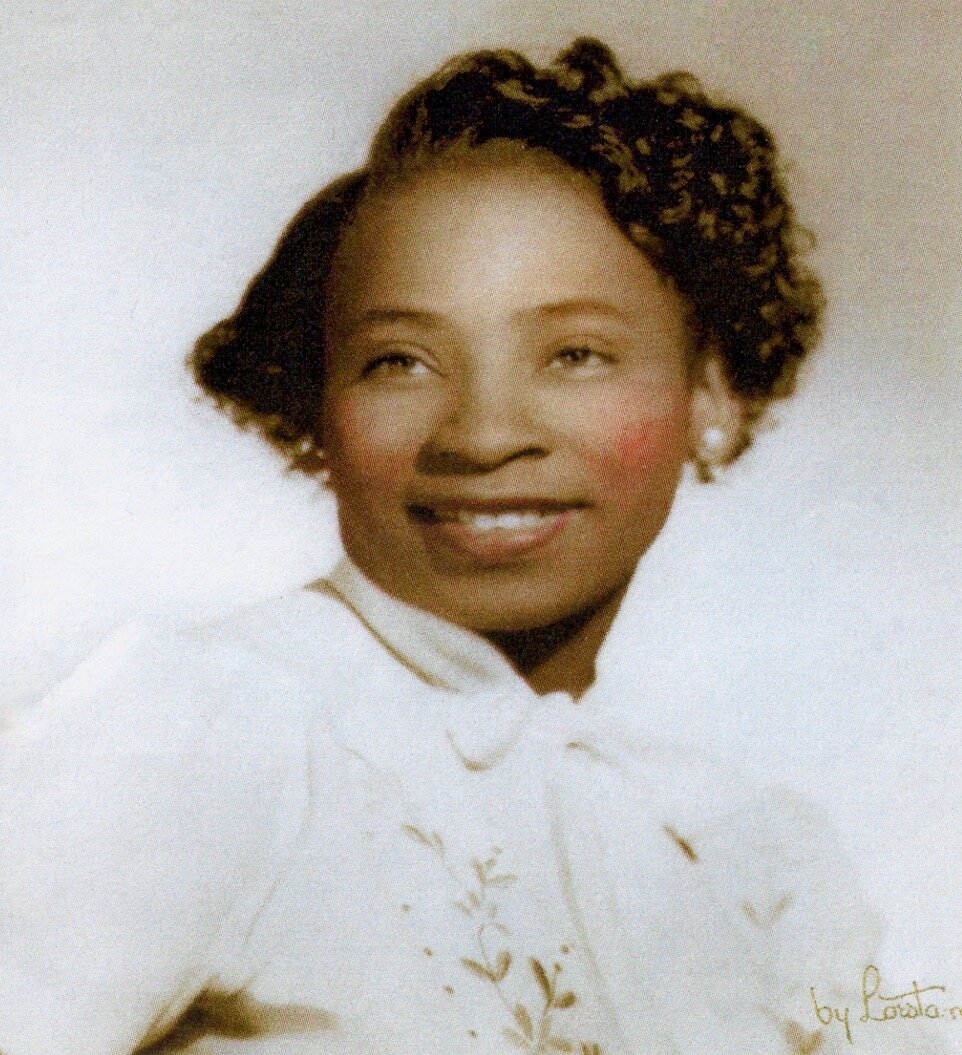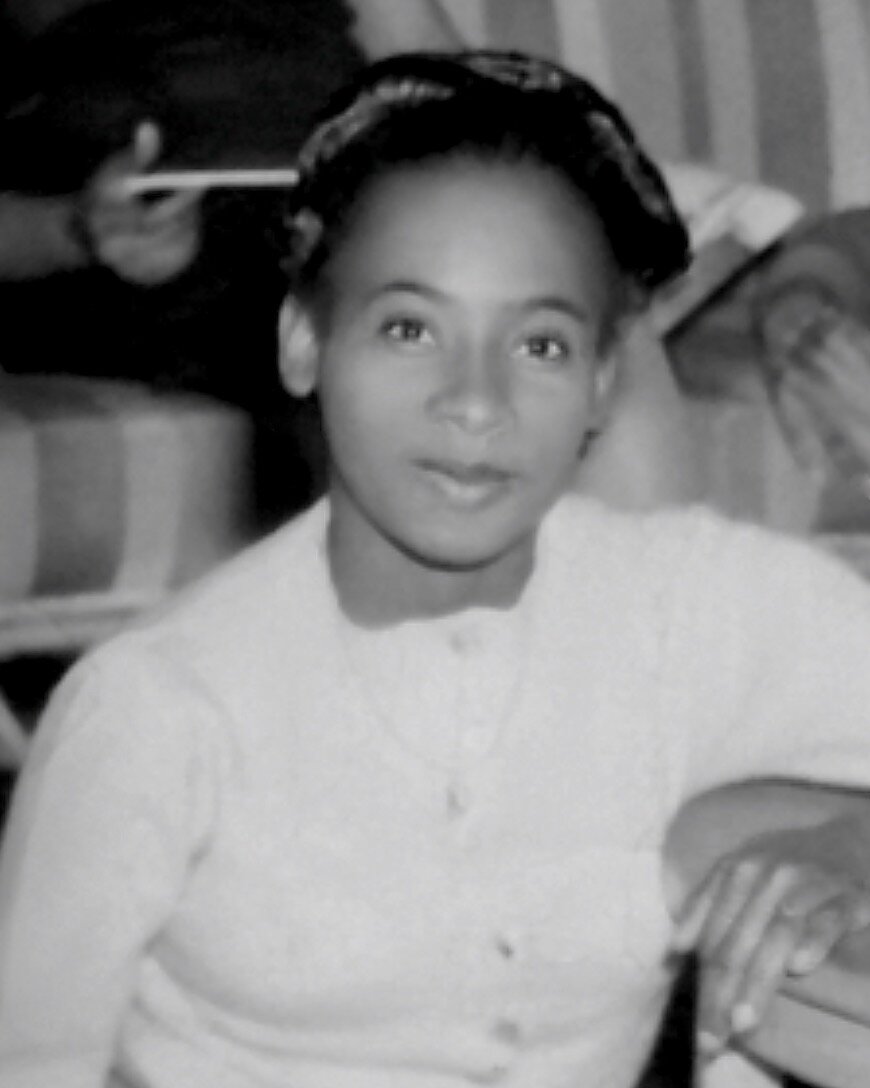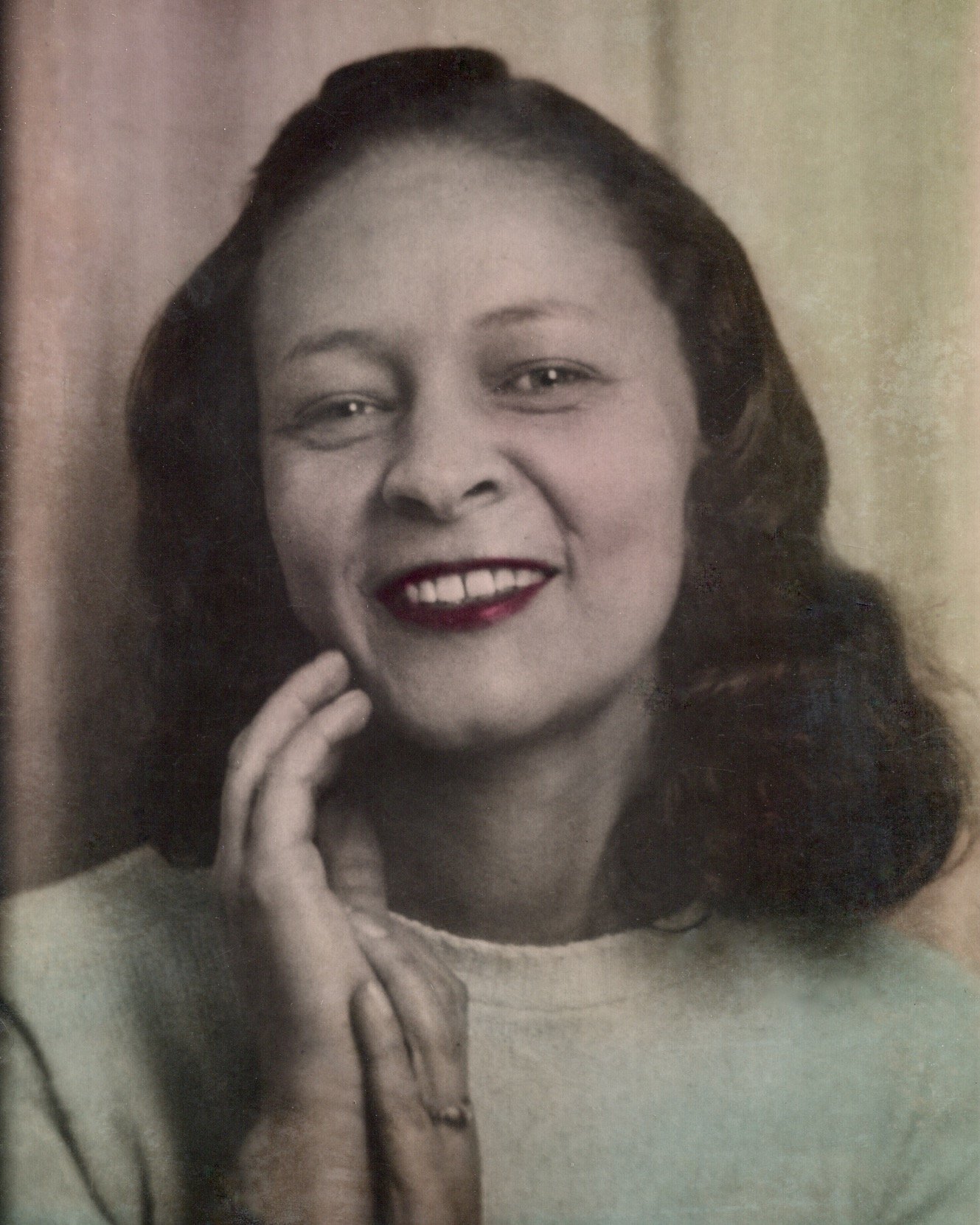Indelible Narratives has been awarded a grant from the Raymond J. Christensen Foundation!
Grant Awarded to Indelible Narratives, LLC by the Raymond J. Christensen Foundation.
We are honored to receive grant support from the Raymond J. Christensen Foundation. Their commitment to meaningful storytelling empowers our continued growth and creative excellence
Thank you!
More information below.
Aura is currently attending the New York Film Academy.
who were the government girls?
The iconic image of Rosie the Riveter seems to represent the role and work experience of U.S. women during World War II. This image however, does not account for more than 1.5 million women who filled white-collar jobs in the federal government. Numerous women accepted positions in blue-collar jobs. For some young Black women, the choices for work were quite limited. Munitions factories and other wartime industries hired these women to build bombs and other military products. Work in these factories was dangerous, the hours were long, and sometimes unrewarding. Other women worked as domestic servants. During World War II, Negro and White women accepted appointments to work in federal agencies in Washington, DC.
However, there was a small but growing number of women who possessed the right skills to obtain white collar jobs in the federal government. The Great Migration served as the vehicle for the mass exodus out of the South. For single, young, and adventurous African American women, passing the civil service examinations enabled them to join White women in various federal agencies to help support the war effort. These new federal civil service employees traveled from the Jim Crow South to seek employment in the Treasury, Army, Navy, War, Pentagon, and other federal agencies. As these Government Girls accepted government jobs, these positions served to lift them out of domestic service and poverty into professional careers and middle-class lives.
Until now, few knew the story of the African American Government Girls.
The Goverment Girls Film Project featured by the DC Office of Cable Television, Film, Music & Entertainment! Aura Wharton-Beck and her film project were featured in a video that you don’t want to miss. CLICK HERE to see the video and read more about how it came about.
THE FILM PROJECT: To learn more about the important documentary film project and how you can help get it completed CLICK HERE.
Publications featuring Dr. Aura Wharton Beck
Contact: Indelible Narratives
Please use this contact form to send questions, comments, photos and stories you have about the Government Girls of WWII.
IndelibleNarratives1946@Gmail.com
















